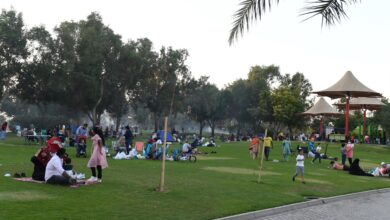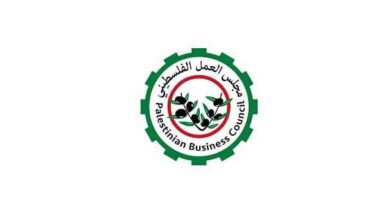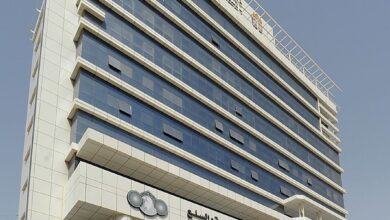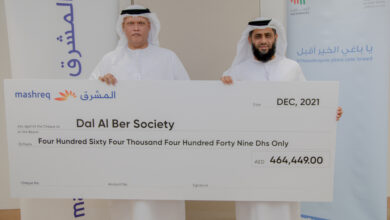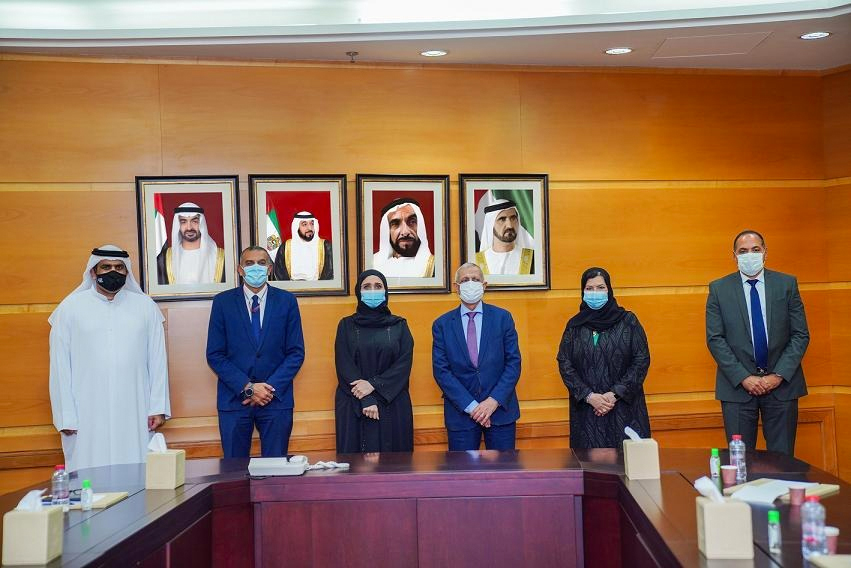
Arab Academy for Science, Technology and Maritime Transport in Sharjah concludes 2020 with quality achievements
Overcoming challenges of COVID-19 pandemic
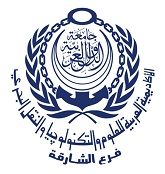
AASTS has consolidated its role as maritime academic arm in UAE, enhancing its mission in empowering young Emiratis to work in the maritime sector
Sharjah, UAE,
Sallam Sallam
The Arab Academy for Science Technology and Maritime Transport in Sharjah (AASTS) has concluded 2020 with major achievements that strengthen its strategic role in supporting the maritime economy in the UAE and the Arab region as a whole. This achieves AASTS’ mission to empower young Emiratis to work in the maritime sector. AASTS has overcome the pressures and challenges caused by the Covid-19 pandemic, which is a crisis the world has not witnessed in decades.
These achievements come shortly after the establishment of the Academy’s branch in Khorfakkan, Sharjah when H.H. Sheikh Dr. Sultan bin Muhammad Al Qasimi, Member of the Supreme Council and Ruler of Sharjah, signed an agreement with the Arab Academy for Science, Technology and Maritime Transport on 26 March 2018. AASTS was inaugurated in the presence and under the patronage of His Highness on 11 December 2019. AASTS has made significant academic achievements in a record time, becoming an academic partner for key government and private organisations as well as major maritime events.
Commenting on these achievements, His Excellency Dr. Ismail Abdel Ghaffar Ismail Faraj, President of the Arab Academy for Science, Technology and Maritime Transport, said, “Throughout human civilisation, the Arab region has always been in the heart of trade and maritime transport. We consider our role a continuation of the legacy of our ancestors as well as a commitment to the future generations to develop this sector. When H.H. Sheikh Dr. Sultan bin Muhammad Al Qasimi entrusted us with establishing the Academy’s branch in Sharjah, while extending his unlimited support to provide it with the best facilities and latest equipment to be on a par with the headquarters in Alexandria, we realised that we are dealing with a unique model of leadership. The UAE is characterised with a long-term vision that accepts nothing short of the top positions, and for Emiratis to regain their position as masters of the sea and fair trade, opening the doors for development and prosperity.”
Faraj added, “We have dedicated all efforts to fulfil the aspirations and vision of the UAE’s leadership. We have formed a team of the Academy’s finest instructors for this task, starting from a deep understanding of the UAE Maritime Strategy. We focused on preparing and empowering young Emiratis to work in the maritime sector, while empowering young women in particular to join this sector. We wanted to be the academic house of expertise for building the UAE’s blue-economy capabilities. We have adopted the latest e-learning tools and implemented a blended education model. We have also established many strategic partnerships at various levels, with the most prominent is our strategic partnership with the Federal Transport Authority – Land & Maritime, which opens the doors for us to be the UAE’s maritime academic arm.”
Continuous government support
H.E. Eng. Hessa Al Malek, Advisor to the Minister for Maritime Transport Affairs, UAE Ministry of Energy and Infrastructure, said, “The UAE tops many international maritime indicators and is one of the major players in the global maritime economy. Sustaining this cannot be achieved without advanced educational and academic capabilities and a qualified Emirati professionals to lead this vital sector nationally. The cooperation between us and the Arab Academy for Science, Technology and Maritime Transport will build and consolidate the foundations for blue economy in the UAE through research and development, to continue the leadership and global competitiveness.”
Women Empowerment
Emphasising this achievement, Yousef Yacoub Al Mansoori, Director of the Office of the Chairman of the Board of Trustees of the Arab Academy for Science Technology and Maritime Transport in Sharjah, said, “Over the past three years, the UAE has ranked first in the Arab World and fourth globally in port infrastructure quality. It has also maintained first position in the Arab World in shipping connectivity with international ports. Therefore, we consider ourselves key partners in the UAE’s pioneering maritime journey. We work in line with the government’s strategic vision, especially in empowering women in the maritime sector. We are proud that the Academy has the highest percentage of female students in a maritime academy in the whole Arab World; with 45% of the total students are young women. This achieves the UAE’s gender balance goals, and will make us a global model for empowering women in the maritime sector, which is usually dominated by men.”
The UAE is home for more than 20,000 maritime organisations and companies. The UAE’s ports receive over 21 million containers annually, supporting the economic movement in the UAE and many Arab Gulf countries. Each year, the UAE ports receive over 21,000 ships.
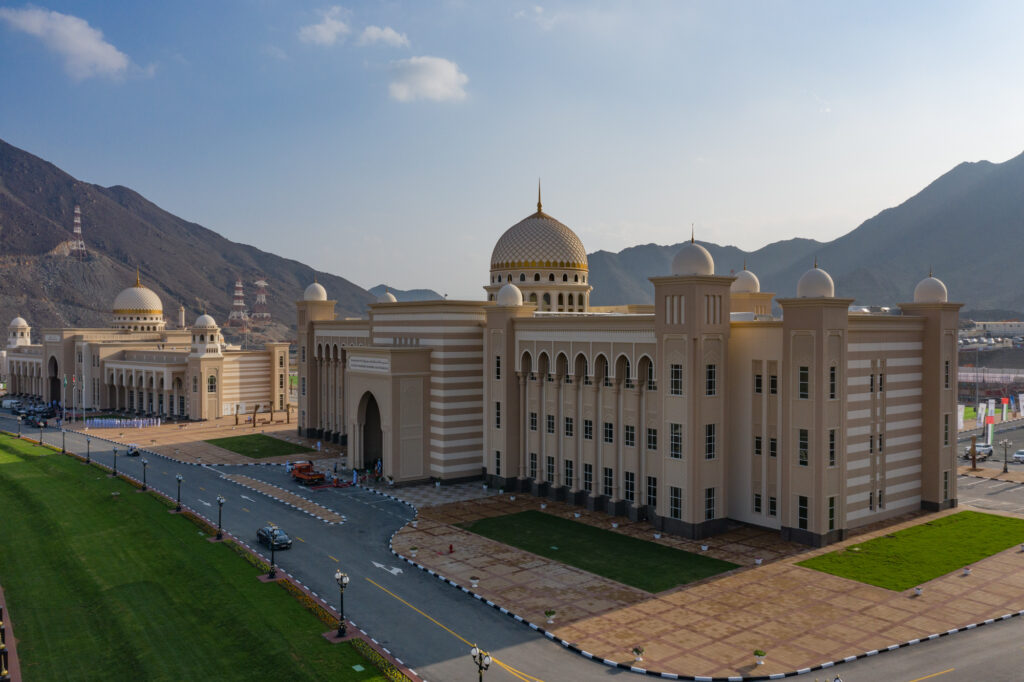
Distance learning
Prof. Hossam Shawky, Acting Director of the Academy’s Branch in Sharjah, pointed out the major challenges that faced the Academy due to the Corona pandemic saying, “It was less than three months after the official opening of the Academy’s branch in Sharjah when we were faced with the Corona pandemic and the lockdown during the national sterilisation programme. Our qualified and capable academic team immediately launched our state-of-the-art distance learning system. The highly qualified faculty members were exceptionally successful in using these systems to deliver lectures and conduct exercises, many of which need classroom setting to practice. Our trainers were even able to present physical education exercises remotely. I would like here to commend the high level of seriousness and discipline shown by our students, which underlines their commitment to achieving the highest level of academic and professional excellence.”
Shawky added, “We not only provided distance education during the pandemic, but even launched the ‘Virtual Maritime Forum’ to engage students with industry leaders to increase their knowledge about future opportunities and career options in the maritime sector.”
Blue Economy
Dr. Captain Ahmed Youssef, Associate Dean of the College of Maritime Transport and Technology, stated the academy’s achievements in developing the UAE’s blue economy, saying, “The UAE has exceptional capabilities and excellent natural resources that qualify it to be one of leading countries worldwide in developing blue economy. That is why, we were keen to consolidate communications with industry leaders including meeting with prominent classification bodies such as the British Classification Authority, Lloyd’s Register, and shipyards such as Al Bawardy Marine Engineering. We also participate in various trade activities and events as an educational partner. These included the Break Bulk Middle East conference and exhibition and Seatrade Maritime Middle East in its virtual edition. We have also made visits to introduce the maritime sector to our advanced capabilities in research and development, and open the door for the private sector to invest in the UAE’s blue economy and benefit from our academic resources and the expertise of our educational team.”

